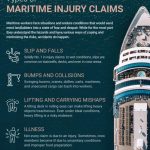Have you ever wondered what it would be like to have a car that could heal itself? Or perhaps one that could predict accidents before they even happened? While these ideas may seem like something out of a sci-fi movie, they are actually a bit closer to reality than you might think.
Enter the mango, a tropical fruit that has been revered for centuries for its nutritional value and delicious taste. But did you know that this humble fruit also holds the key to revolutionizing the automotive industry?
Scientists have discovered that the mango contains a unique compound called mangiferin. This compound has remarkable properties that could be used to create a new generation of car materials. For example, researchers have found that mangiferin can be used to create self-healing polymers. These polymers are materials that can repair themselves after being damaged, much like human skin. Imagine a car that could automatically fix a scratch or dent without ever needing to go to the mechanic.
But mangiferin’s potential doesn’t stop there. Scientists are also exploring its use in creating accident prediction systems. By analyzing data from sensors and cameras, these systems could potentially detect dangerous driving conditions and alert the driver before an accident occurs. Mangiferin could play a crucial role in these systems by helping to improve the accuracy and reliability of the data.

In addition to its potential applications in car safety, mangiferin could also be used to create more sustainable and environmentally friendly vehicles. For example, researchers are investigating the use of mangiferin-based coatings to protect car surfaces from corrosion and other environmental damage. These coatings could help to reduce the need for costly repairs and replacements, while also minimizing the environmental impact of the automotive industry.
Of course, there are still many challenges to overcome before mangiferin can be fully integrated into the automotive industry. However, the early research is promising, and it is clear that this tropical fruit has the potential to make a significant impact on the way we drive.
So the next time you enjoy a delicious mango, take a moment to appreciate the incredible potential of this fruit. Who knows, it might just be the key to a safer, more sustainable future on the road.
2. The Aftermath: A Guide to Post-Crash Care
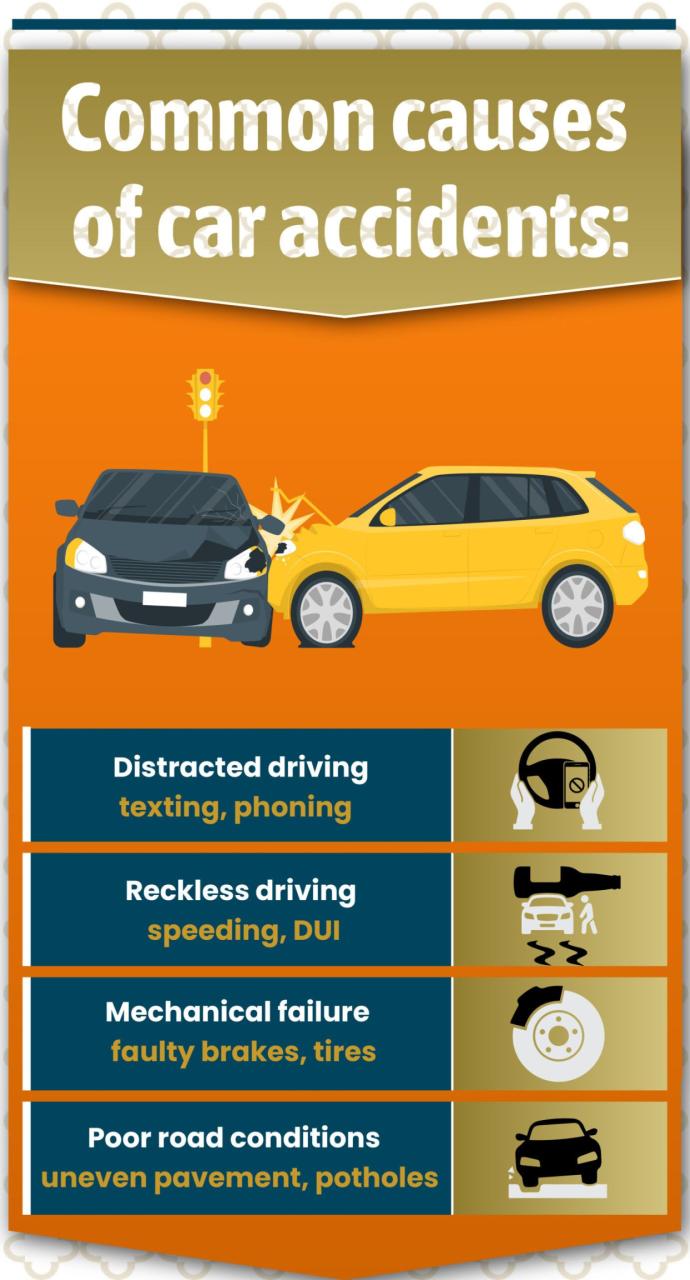
So, you’ve been in a car accident. It’s a scary and stressful experience, but remember, you’re not alone. Many people go through this every day, and with the right information, you can navigate the aftermath with a bit more ease.
First things first: safety. If your car is still drivable and the scene is safe, move it to a less congested area. If not, turn on your hazard lights and call for help. Once you’re safe, assess your injuries and those of your passengers. If anyone is seriously hurt, call emergency services immediately.
Next, document the accident. Take pictures of the damage to your car, the other car, and the scene. Note the location, time, and any witnesses. Exchange contact information with the other driver and any witnesses. This documentation will be crucial if you need to file an insurance claim or legal action.
Now, it’s time to contact your insurance company. They can provide you with information on filing a claim and guide you through the process. Be sure to be as detailed as possible when describing the accident.
While you’re waiting for your insurance company to respond, take care of yourself. If you’re injured, seek medical attention as soon as possible. Even if you don’t feel hurt now, injuries can manifest later. Keep a record of your medical expenses.
Your car needs attention too. If it’s damaged beyond repair, you may need to total it out. If it’s repairable, get estimates from several repair shops. Your insurance company can help you determine the fair market value of your car.
If you’re involved in a serious accident, you may need to hire a lawyer. A lawyer can help you navigate the legal complexities of a car accident case. They can also negotiate with insurance companies on your behalf.
Finally, take care of your mental health. A car accident can be a traumatic experience. If you’re struggling to cope, consider talking to a therapist. They can help you process your emotions and develop healthy coping mechanisms.
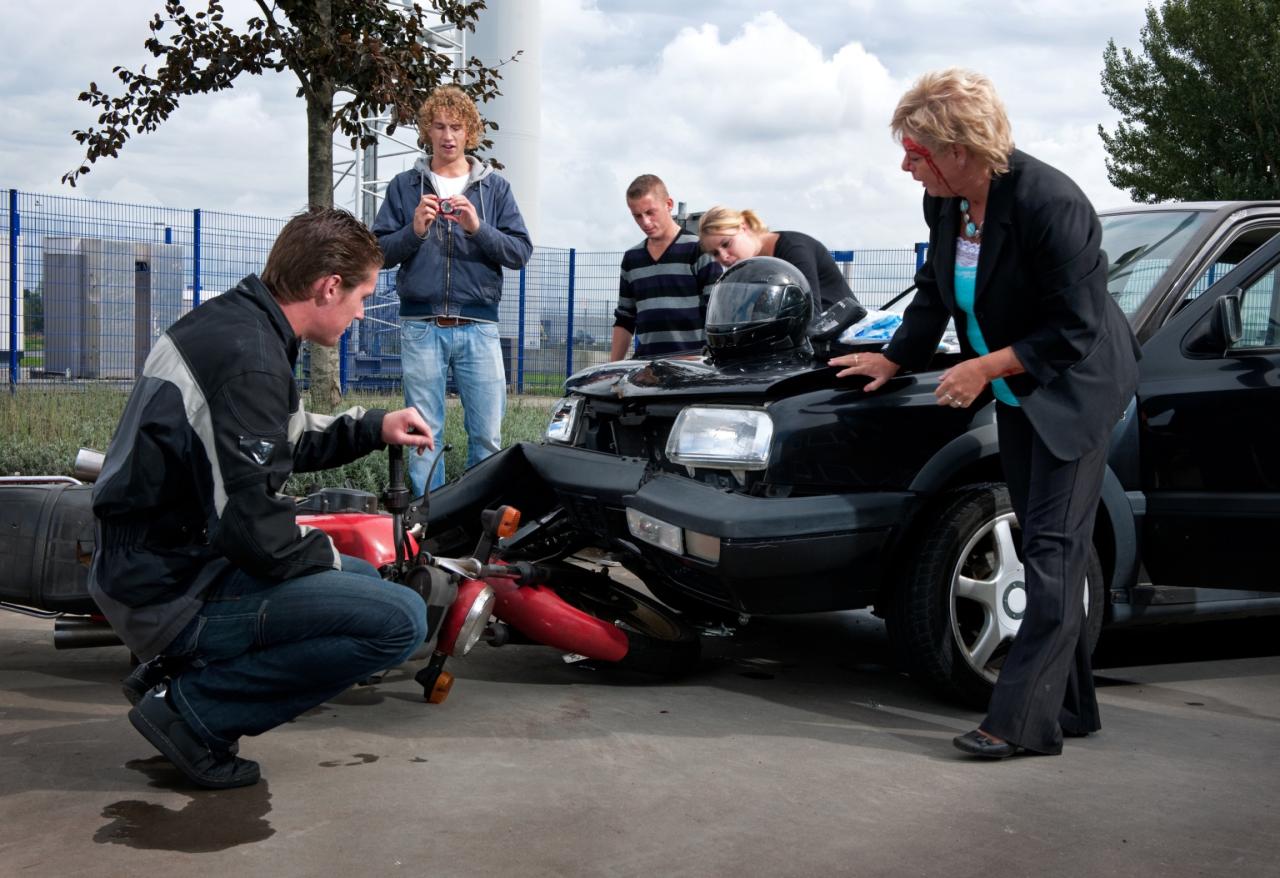
Remember, the aftermath of a car accident can be overwhelming. But by following these steps and taking care of yourself, you can get through it.
A Crash Course in Resilience
So, you’ve survived the crash. Congratulations! You’re a survivor. But now what? The immediate shock and adrenaline rush are starting to wear off, and the reality of the situation is setting in. Don’t worry, you’re not alone. Countless people have faced similar situations and come out stronger on the other side.
The Emotional Rollercoaster
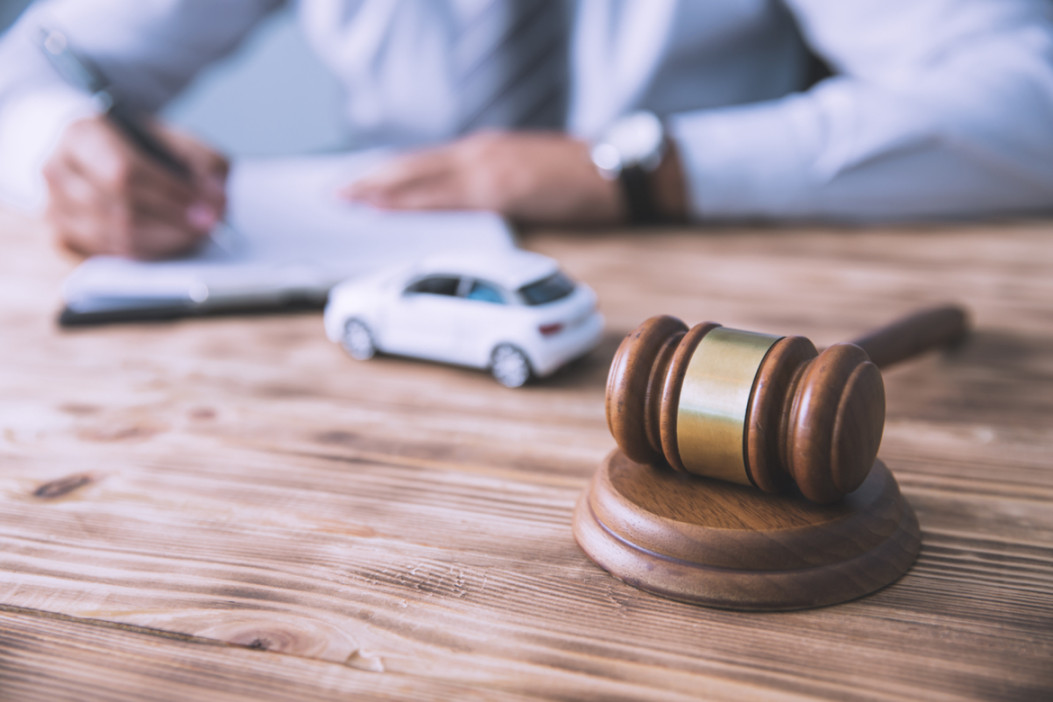
First things first, it’s okay to feel a whole range of emotions. From relief to anger, sadness to fear, it’s all normal. Don’t be afraid to let yourself feel what you feel. Talking to a friend, family member, or therapist can also be incredibly helpful. They can provide support, understanding, and practical advice.
Dealing with Insurance
Next up, there’s the insurance. It can be a stressful process, but it’s essential. Gather all the necessary information, including police reports, medical records, and photos of the damage. Be patient and persistent. Remember, insurance companies are there to help you, so don’t be afraid to advocate for yourself.
The Physical Recovery
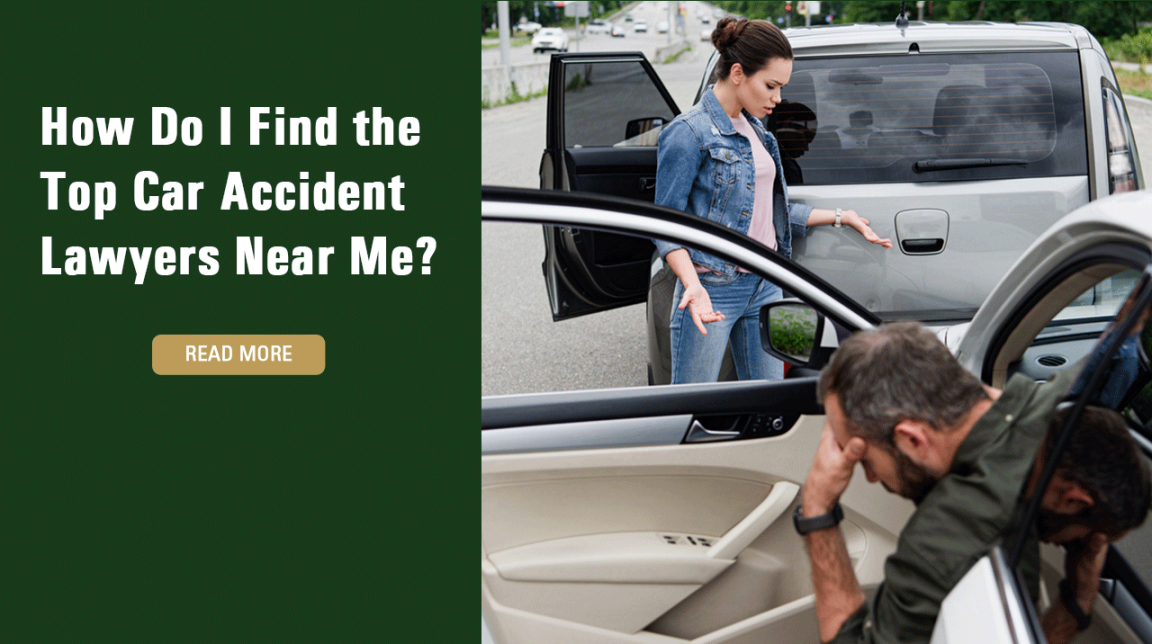
If you sustained injuries, focus on your physical recovery. Follow your doctor’s advice and attend any physical therapy sessions. Even if you’re feeling better, don’t push yourself too hard too soon. Healing takes time, so be patient and kind to yourself.
The Mental Recovery
In addition to physical recovery, it’s important to take care of your mental health. Try to maintain a regular routine, get enough sleep, and eat healthy foods. Exercise can also be a great way to boost your mood and reduce stress. If you’re struggling with anxiety or depression, don’t hesitate to seek professional help.
Getting Back on the Road

Once you’re physically and mentally ready, it’s time to consider getting back behind the wheel. Don’t feel pressured to do it right away. Take your time and practice gradually. If you’re still feeling anxious, consider taking a driving course to help you regain your confidence.
A New Perspective
Experiencing a car crash can be a traumatic event, but it can also be an opportunity for growth and personal development. It can teach you valuable lessons about resilience, gratitude, and the importance of taking care of yourself. So, while the experience may have been painful, it doesn’t have to define you. Embrace the journey and emerge stronger than ever.
In the realm of car crashes, where chaos reigns and fear grips the heart, there are moments of extraordinary courage, resilience, and sheer luck. One such tale is that of a man named Ethan, who found himself in a situation that would test the limits of human endurance.

It was a crisp autumn afternoon when Ethan’s car, a vintage Mustang convertible, skidded off the icy road and plunged into a ravine. The impact was brutal, and Ethan’s world turned upside down. His car, once a symbol of freedom and adventure, was now a twisted wreck, and he was trapped inside, his body aching from the shock.
As Ethan lay there, his mind raced with thoughts of his loved ones, his unfinished projects, and the life that could have been. He was terrified, but he refused to give up. He remembered the survival training he had once taken and began to assess his situation.
The first thing he did was to check for injuries. Thankfully, he didn’t seem to have any major broken bones, but his head was throbbing, and he felt a sharp pain in his side. He knew he had to stay calm and conserve his energy.
Next, Ethan tried to free himself from the wreckage. He struggled for what felt like hours, his hands bleeding and his muscles burning. Eventually, he managed to wriggle out of his seatbelt and push the twisted metal away from his body.

With a newfound sense of determination, Ethan crawled towards the opening of the car. He could see a glimmer of light filtering through the trees above. He knew he had to reach it, no matter what.
As he emerged from the wreckage, Ethan was greeted by a blast of cold air. He shivered uncontrollably, but he forced himself to keep moving. He stumbled through the woods, his legs feeling like lead.
After what seemed like an eternity, Ethan heard the sound of running water. He followed the noise until he came to a small stream. He knelt down and drank thirstily, feeling his strength slowly returning.
As Ethan sat by the stream, he began to reflect on his ordeal. He realized that he had come incredibly close to losing his life. But he had survived, and he was grateful for every moment.
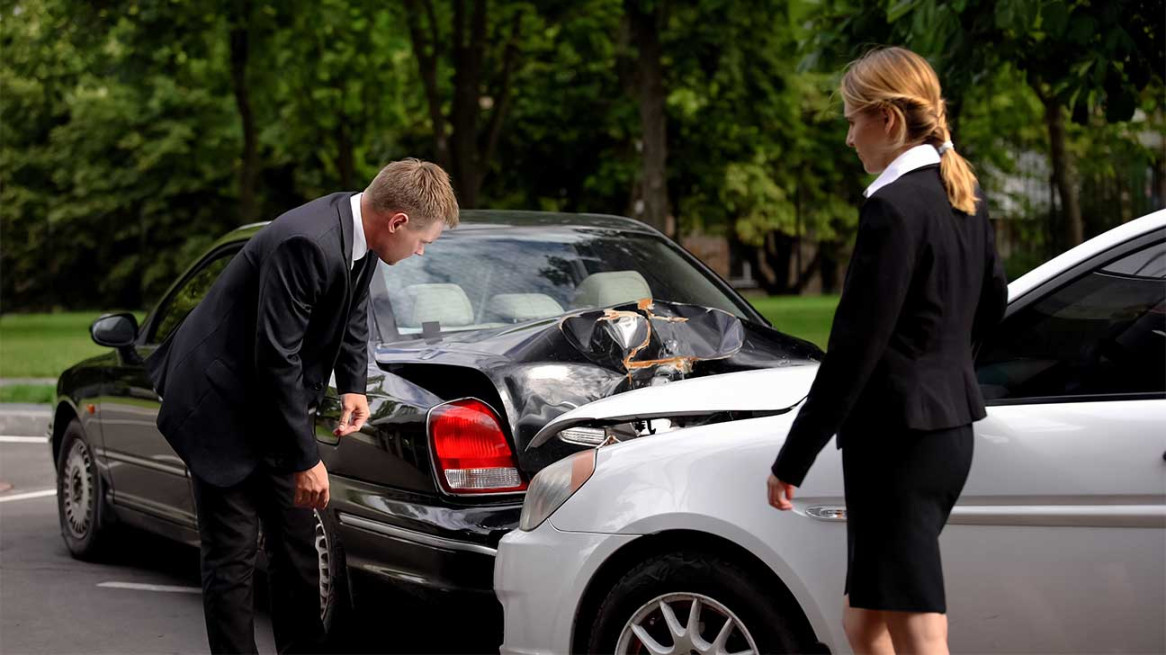
Ethan knew that he would never forget the car crash. It had been a terrifying experience, but it had also taught him the value of perseverance and the importance of staying positive, even in the face of adversity.
As Ethan continued his journey through the woods, he felt a sense of peace that he had never experienced before. He knew that he had faced death and come out the other side stronger. And he was determined to live his life to the fullest, every day.
Car crashes can be traumatic experiences, but they don’t have to define your life. The aftermath can be a time of healing, both physically and emotionally. It’s a chance to rebuild, to learn from the past, and to emerge stronger.
Dealing with Insurance
One of the first things you’ll likely need to deal with after a car accident is insurance. This can be a stressful process, but it’s important to stay organized and keep all your documentation. Make sure to gather all relevant information, including police reports, medical bills, and repair estimates.
Physical Recovery
Physical recovery from a car accident can take time. It’s important to listen to your body and follow your doctor’s advice. This might involve physical therapy, medication, or other treatments. Remember to be patient with yourself and celebrate your progress, no matter how small.
Emotional Healing
Car accidents can be emotionally traumatic. It’s normal to feel a range of emotions, including fear, anger, and sadness. Don’t be afraid to seek help from a therapist or counselor. Talking to someone can help you process your feelings and develop coping strategies.
Learning from the Experience
Every experience, even a negative one, can be a learning opportunity. Reflect on the accident and try to understand what led to it. This can help you prevent similar accidents in the future.
Finding Gratitude
It might seem difficult, but finding gratitude in the aftermath of a car accident can be a powerful tool for healing. Focus on the things you’re grateful for, such as your loved ones, your health, or the support you’ve received.
Moving Forward
The aftermath of a car accident can be a challenging time, but it’s also an opportunity for growth and renewal. By taking care of yourself, seeking support, and learning from your experience, you can emerge stronger and more resilient. Remember, you’re not alone, and there’s hope for a brighter future.
Additional Tips
Document everything. Keep a detailed record of all medical appointments, treatments, and expenses.
Remember, even after the most severe car accident, it’s possible to rebuild your life and find happiness again. With patience, perseverance, and a positive outlook, you can overcome the challenges and emerge stronger than ever.
Car crashes can be traumatic experiences, but they don’t have to define your life. The aftermath can be a time of healing, both physically and emotionally. It’s a chance to rebuild and emerge stronger.
Dealing with Insurance
Insurance can be a headache after a car accident. But it’s important to understand your coverage and file claims promptly. The insurance company will want to assess the damage and determine the value of your vehicle. Be prepared to provide documentation and be patient during the claims process.
Recovering from Injuries
Physical injuries can take time to heal. Follow your doctor’s instructions and attend therapy sessions if necessary. Don’t rush the recovery process, as it can lead to setbacks. Remember to take care of your mental health as well. Stress and anxiety can be common after an accident.
Replacing Your Vehicle
If your car is totaled, you’ll need to decide whether to replace it or receive a settlement. Consider your budget, insurance coverage, and your needs. Research different options and test drive vehicles before making a decision.
Legal Considerations
If the accident was caused by someone else’s negligence, you may have legal grounds to pursue compensation. Consult with a personal injury attorney to discuss your options. They can help you understand your rights and navigate the legal process.
Moving Forward
The aftermath of a car accident can be challenging, but it’s important to focus on the future. Take steps to regain your confidence and move on. Consider joining a support group or seeking counseling to help you process your emotions.
Tips for Moving Forward
Practice self-care: Prioritize your physical and mental well-being.
Remember, you’re not alone in this journey. Many people have faced similar challenges and come out stronger. With time, patience, and support, you can overcome the aftermath of a car accident and embrace a new beginning.
Imagine being stranded in the middle of nowhere after a car crash. The thought alone is enough to send chills down anyone’s spine. But fear not, for we’ve got you covered. Here’s a comprehensive guide to building the ultimate car crash survival kit, ensuring you’re prepared for any unforeseen event.
Essential Items for Your Survival Kit:
First Aid Kit: This is a no-brainer. A well-stocked first aid kit should include bandages, antiseptic wipes, pain relievers, tweezers, and scissors. Remember to check the expiration dates regularly.
Building Your Kit: Tips and Tricks
Organization: Keep your kit organized and easily accessible. Use compartments or pouches to separate items and prevent clutter.
Additional Considerations:
Vehicle-Specific Items: Consider including items specific to your vehicle, such as a spare tire, jumper cables, and a tire pressure gauge.
By following these guidelines and building a well-equipped car crash survival kit, you can increase your chances of staying safe and prepared for any unforeseen event. Remember, being prepared is the key to survival.
Introduction
Have you ever wondered what you’d do if you found yourself in the midst of a car accident? Fear not, intrepid traveler! We’ve got you covered with the ultimate car crash survival kit. This comprehensive guide will equip you with the knowledge and tools to stay safe and level-headed in the face of unexpected road mishaps.
Essential Items for Your Car Crash Survival Kit
First Aid Kit: A well-stocked first aid kit is a must-have for any road trip. Make sure it includes essential items like bandages, antiseptic wipes, pain relievers, and a first aid guide.
Beyond the Essentials: Additional Tips for Car Crash Survival
Learn Basic First Aid: Knowing basic first aid techniques can help you respond effectively to injuries and stabilize victims until professional help arrives.
Conclusion
By assembling a well-stocked car crash survival kit and following these tips, you can increase your chances of staying safe and level-headed in the event of a road mishap. Remember, being prepared can make a world of difference in a crisis.
This catchy tagline promises a sense of security and protection. But for those who’ve experienced the traumatic ordeal of a car crash, the reality is far from comforting. The aftermath of a car accident can be a whirlwind of emotions, physical pain, and legal complexities. It’s a situation that no one wishes to be in, but unfortunately, it’s a reality that many people face.
While the idea of a “joyful” car crash might seem absurd, there are silver linings to be found even in the most unfortunate circumstances. One such silver lining is the opportunity to connect with others who have shared a similar experience. Car accidents can be isolating, and talking to others who understand what you’re going through can provide comfort and support.
Another positive aspect of a car crash is the chance to learn from the experience. By reflecting on the events leading up to the accident, you can identify potential safety hazards and take steps to prevent them from happening again. This can help you to become a safer driver and reduce your risk of future accidents.
Of course, the immediate aftermath of a car crash is often a time of chaos and confusion. It’s important to stay calm and prioritize your safety and the safety of others. If you’re injured, seek medical attention immediately. If the accident is serious, contact the police and report the incident.
Once the initial shock has worn off, it’s time to start dealing with the aftermath. This may involve filing insurance claims, dealing with legal issues, and arranging repairs for your vehicle. While these tasks can be overwhelming, it’s important to stay organized and proactive.
One of the most challenging aspects of a car crash is the emotional toll it can take. The trauma of the experience can lead to anxiety, depression, and other mental health problems. It’s important to seek help if you’re struggling to cope. Talking to a therapist or counselor can provide valuable support and guidance.
In addition to the emotional impact, a car crash can also have financial consequences. The cost of medical bills, property damage, and lost wages can be significant. It’s important to be prepared for these expenses and to have adequate insurance coverage.
While a car crash is never a pleasant experience, there are ways to cope with the aftermath and move forward. By connecting with others, learning from the experience, and seeking support, you can overcome the challenges and rebuild your life.
When the unexpected happens on the road, being prepared can make all the difference. That’s why a well-stocked car survival kit is an essential item for any driver. This kit should contain a variety of items that can help you stay safe and comfortable until assistance arrives.
Must-Have Items:
First Aid Kit: This should include bandages, antiseptic wipes, gauze, pain relievers, and any other essential medical supplies.
Additional Tips:
Keep Your Kit Organized: A well-organized kit is easier to access in an emergency. Consider using a backpack or duffel bag to store your supplies.
By assembling a comprehensive car survival kit, you can increase your chances of staying safe and comfortable in the event of a breakdown or other emergency. Remember, being prepared is the key to surviving any situation.

